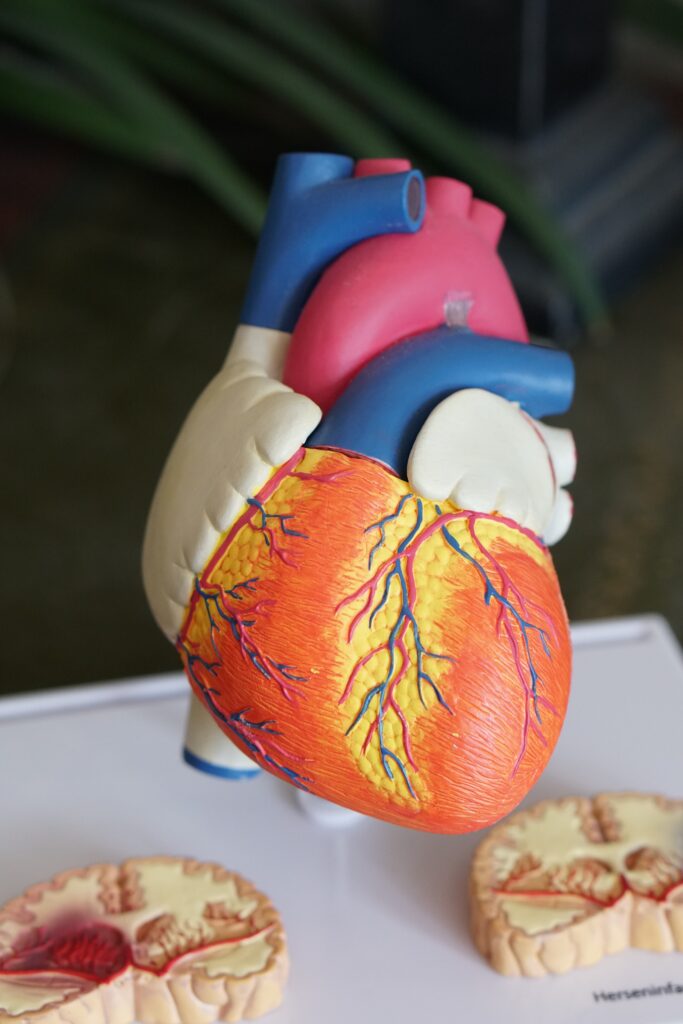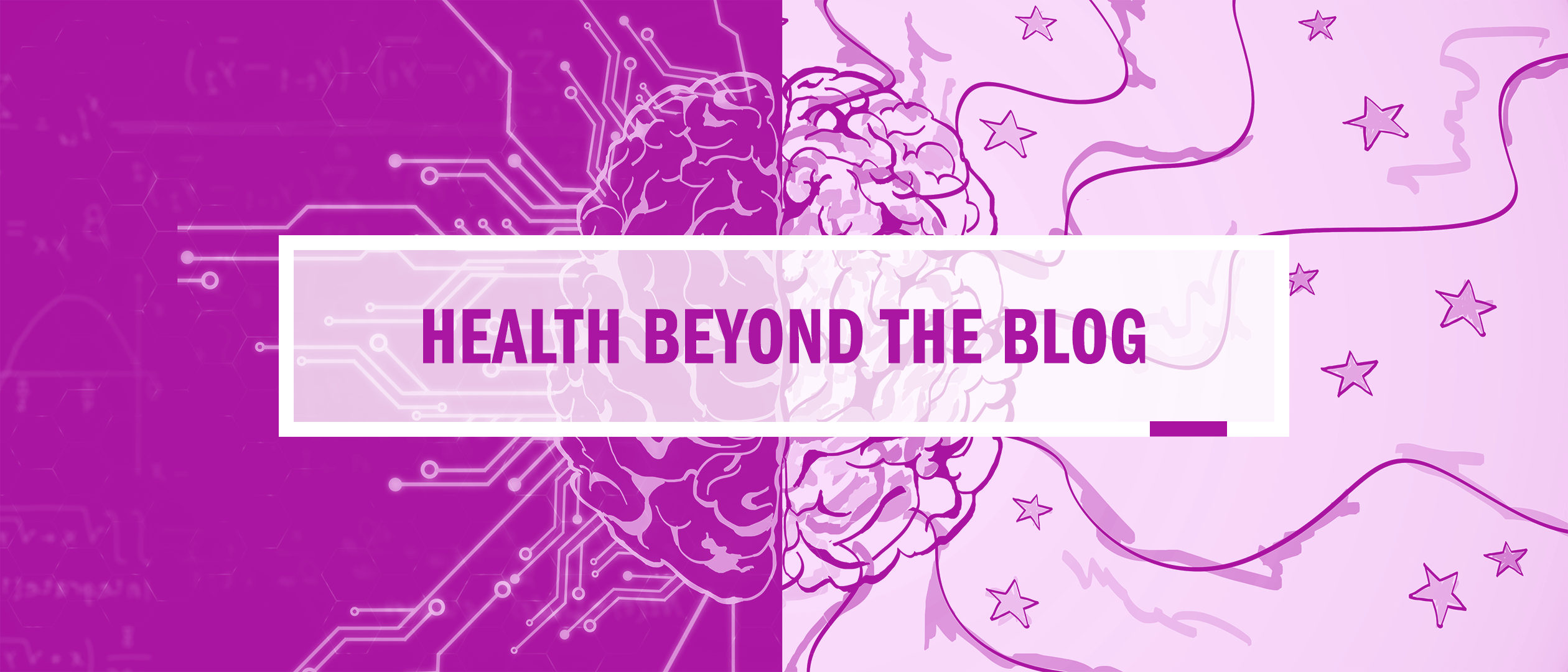Saanvi Nayar recommends "Foodie Pharmacology" for its insightful discussion of the cookbook "Plantology," on how adopting a plant-based diet can revolutionize our health and tackle chronic diseases, proving that food truly is medicine

By: Lexi Rosmarin
The way that we as humans function has always been a profound interest of mine. When I was younger, much to my parents’ dismay, I would always ask “why” or “what if”. Why did I have to wear glasses? What if our bodies just stopped working? And how did they just always seem to work in perfect harmony? As I got older, I found that the subject that never failed to satisfy my inquisitiveness was science – specifically medicine. In the beginning of my scientific learning journey, I felt very connected to it and I was truly invigorated by what I was learning. It always has, and always will, amaze me to stop and reflect after learning about different processes of the body and realize that this is going on inside each and every one of us at every second.
I chose to pursue these interests through volunteering at a hospital, interning in a lab, attending events to learn about medicine, and of course watching Grey’s Anatomy. As I participated in these activities, I had an uneasy realization: I was, simply, playing the role of a participant. I did not necessarily feel impassioned or the exact excitement that I had hoped. I felt as though I was doing what I “should” be doing, given the expectations I put on myself.Â

Then, the pandemic started. With many of these activities postponed, I had more time to reflect on what I truly felt connected to. I had an interest in how Covid-19 worked in the body, but even more so in the social aspects of Covid-19. I wanted to understand why it ravaged some communities so much more than others. Understanding the bodily mechanisms was one thing, but what drew my deeper attention was how so much of the death and despair could have been avoided had our country been even slightly more equitable than it is. Discovering the overt inequities in the U.S. healthcare system exposed by the pandemic, I was engulfed in the field of public health and epidemiology.
With this new perspective, I feel as though I have broadened my scope of how I view life and reality. Entering my second year at Emory, I am excited to be majoring in Human Health and Sociology. This combination allows me to see health through a more social and cultural lens and it allows me to mix my analytical and creative sides.
My current academic and research interests include determining how different social determinants of health, such as race, gender, class, education level, and health un-insurance, affect health outcomes and health inequities. I am very interested in writing about health politics, what Covid-19 has exposed about the U.S. healthcare system, and epidemiology. I look forward to learning more about the ways in which health and other subject areas intersect in order to broaden my view of what health really is. Applying the mechanisms that society functions to health and medicine is the way I hope to continue asking my “why’s” and how I hope to contribute to the bridging of these deep inequities present in our country. Ultimately, I hope to see within my lifetime an improvement in the fight towards healthcare as a human right in the United States and a closing of the exponential social inequities that prevent access to health.

